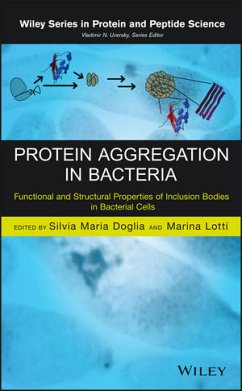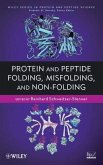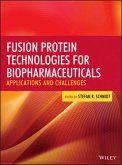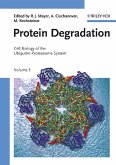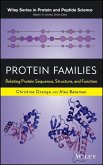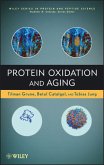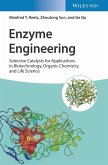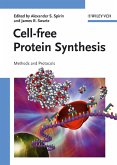Focuses on the aggregation of recombinant proteins in bacterial cells in the form of inclusion bodies--and on their use in biotechnological and medical applications The first book devoted specifically to the topic of aggregation in bacteria, Protein Aggregation in Bacteria: Functional and Structural Properties of Inclusion Bodies in Bacterial Cells provides a large overview of protein folding and aggregation, including cell biology and methodological aspects. It summarizes, for the first time in one book, ideas and technical approaches that pave the way for a direct use of inclusion bodies in biotechnological and medical applications. Protein Aggregation in Bacteria covers: * Molecular and cellular mechanisms of protein folding, aggregation, and disaggregation in bacteria * Physiological importance and consequences of aggregation for the bacterial cell * Factors inherent to the protein sequence responsible for aggregation and evolutionary mechanisms to keep proteins soluble * Structural properties of proteins expressed as soluble aggregates and as inclusion bodies within bacterial cells both from a methodological point of view and with regard to their similarity with amyloids * Control of the structural and functional properties of aggregated proteins and use thereof in biotechnology and medicine Protein Aggregation in Bacteria is ideal for researchers in protein science, biochemistry, bioengineering, biophysics, microbiology, medicine, and biotechnology, particularly if they are related with the production of recombinant proteins and pharmaceutical science.
Dieser Download kann aus rechtlichen Gründen nur mit Rechnungsadresse in A, B, BG, CY, CZ, D, DK, EW, E, FIN, F, GR, HR, H, IRL, I, LT, L, LR, M, NL, PL, P, R, S, SLO, SK ausgeliefert werden.

